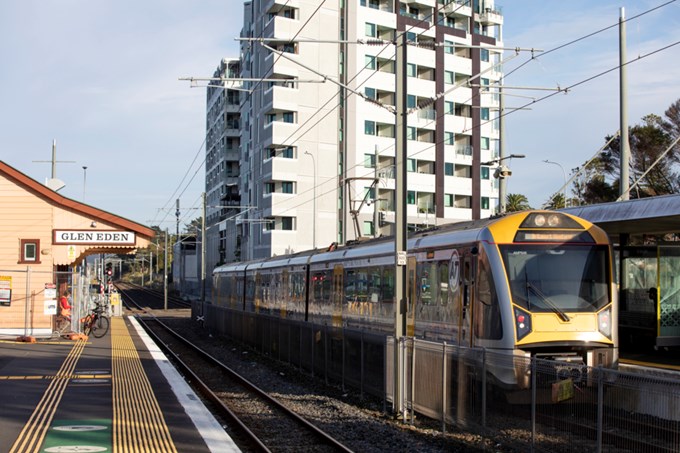Auckland’s infrastructure requires an urgent audit to assess its ability to cope with extreme weather events in the context of climate change and increased intensification, according to Waitākere Ranges Local Board.
At its recent meeting, the board unanimously supported a motion, presented by member Sandra Coney, calling for the audit, which would also help to identify measures to mitigate future extreme weather events.
It also asks the council to urge the Government to delay and defer the implementation of the National Policy Statement on Urban Development (NPS-UD) while it is carried out and that discussions are then held between the council and the Government on how to proceed with intensification in a way that keeps Aucklanders and their homes safe.
It comes following the significant weather events in early 2023 which has left almost 300 homes red-stickered and 1600 yellow-stickered, with hundreds of people made homeless as well as claiming the lives of several people.
Vulnerable
Waitākere Ranges Local Board Chair, Greg Presland, says that the recent events have highlighted how vulnerable Auckland, and in particular the west, is to these events.
“Recent weather events have raised the question of whether Auckland’s infrastructure can cope with the increased level of intensification, especially in the context of climate change and the council’s climate emergency,” he says.
“The events have also strengthened the case for greater environmental protection and restoration of both the urban forest and areas of indigenous forest such as the Waitakere Ranges.”
The motion also calls for a pause of Plan Change 78, which allows for dwellings of up to three storeys on a site without the need for a resource consent, while the audit is underway.
“Increased intensification can involve an increase in impermeable surfaces, which increase the speed and volume of stormwater run-off, risking flooding and slips,” says Greg.
“Plan Change 78 is impacting the majority of Auckland, and for the ranges this means parts of Glen Eden, Titirangi, Sunnyvale and Swanson.
“With greater intensification allowed than was previously planned, and much occurring in low-lying parts of the area as well as steeper areas, the risk of significant impacts such as flooding and slips in future events is high.
“It would not be prudent to press on with such an increase in intensification when the current infrastructure clearly cannot cope with significant rainfall, with the cost of damage currently estimated at over $500 million.
“So the board is calling for an audit of Auckland’s infrastructure to adequately assess our ability to cope with future events, with the aim of increasing our resilience and ability to cope with the kind of events we are seeing more and more frequently.”
Planning Environment and Parks Committee
At its meeting on 2 March, the council’s Planning, Environment and Parks Committee approved a scope of work to investigate the effects of the recent extreme weather events and what implications these might have for the council’s infrastructure and policy settings. This will include a review of current and forthcoming plan changes to the Auckland Unitary Plan.


